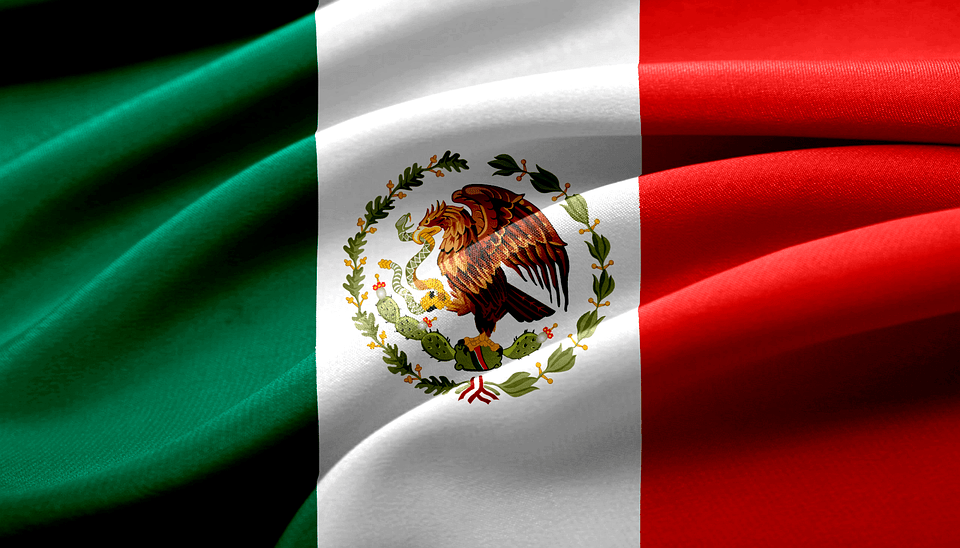Generally, economic concentrations (mergers, acquisition of control or any grouping of companies) that take place in Mexico and outside Mexico (when competition in the country is affected), and that exceed a certain threshold, must be notified and authorized ex ante by Cofece or the IFT.
However, the Ley Federal de Competencia Económica (LFCE) exempts certain economic concentrations from the notification requirement, even if they exceed the established thresholds.
For example, the exceptions refer to the acquisition of shareholdings without modifying the control of the company or in foreign operations that do not modify the shareholding structure of the company established in Mexico, among others (Article 93 of the LFCE).
Also, according to the Federal Telecommunications and Broadcasting Law (LFTR), as long as there is a preponderant economic agent (AEP) in the telecommunications and broadcasting sectors, in order to promote competition and develop viable competitors in the long term, the authorization of the IFT will not be required for concentrations between the other concessionaires, even if they exceed the established threshold, provided they meet certain requirements
Economic concentrations may be authorized without conditions or under certain conditions to correct possible anticompetitive effects.
Economic concentrations
On the other hand, the LFTR indicates that the approval of the IFT is required for the subscription or sale of shares or social parts of the concessionary companies of telecommunications and broadcasting services, as long as it implies the control of more than 10% of the capital stock (Article 112).
There are also restrictions on horizontal integration in the air sector, as an airport operator may not acquire more than 5% of the capital of a Mexican airline (and vice versa) (Article 29 of the Airports Law).
Between 2017 and 2021, Cofece initiated 37 investigations for alleged monopolistic practices, and 21 practices were sanctioned.
In some cases, the sanctions were for collusive conducts in the health sector, energy (sale of gasoline to the public) and services (financial services, land transportation for passengers and air transportation in the national territory).
Some relative monopolistic practices were also sanctioned, such as tied sales in the energy sector. A total of 699 economic concentrations were authorized, 11 of them with conditions in sectors such as agri-food and digital platforms.
Seven mergers were denied in the manufacturing, retail and distribution sectors.

